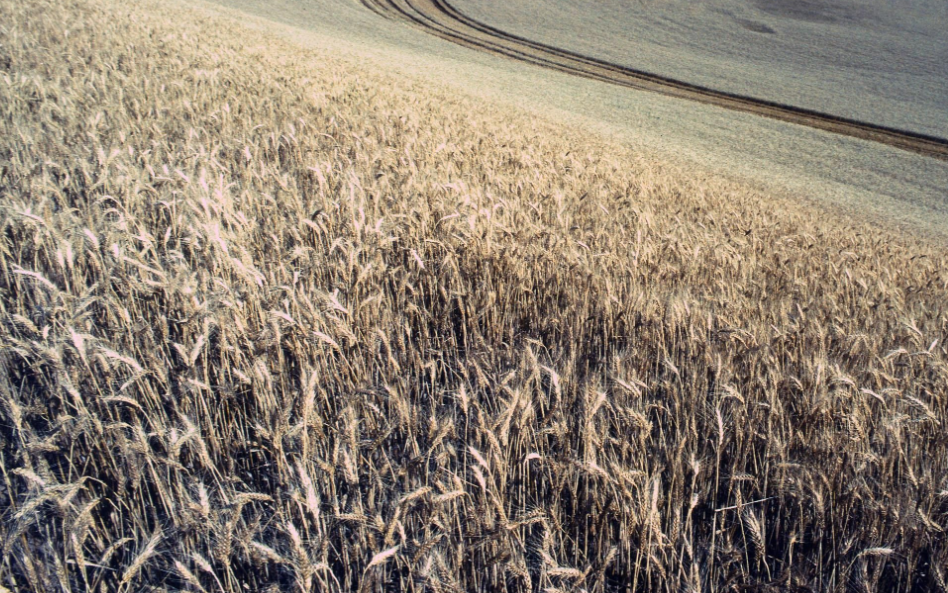Turkey suspends wheat imports to support domestic farmers during harvest season.
Others are reading now
Turkey is putting a temporary halt on wheat imports from June 21 to October 15, aiming to bolster its domestic agricultural sector.
The decision, announced by the Ministry of Agriculture and Forestry, is intended to support local farmers facing plummeting prices due to a surplus of wheat during the harvest period.
A Comprehensive Ban
This import ban applies to all wheat shipments and may be extended if market conditions warrant.
As of mid-April, Turkey was the second-largest buyer of Russian wheat for the current season, trailing only Egypt. Other major importers included Bangladesh, Pakistan, and Algeria.
Also read
Impact on Trade
According to Eduard Zernin, head of the Grain Exporters Union, Turkey’s wheat imports dropped by 23% in May compared to the same month last year, totaling 6.5 million tons.
Zernin highlighted that Turkey has accumulated over 9 million tons of wheat in reserves, which it will now rely on.
Russia has exported 50.5 million tons of wheat over the past 11 months, a significant increase from the previous year.
Deputy Prime Minister Dmitry Patrushev predicts that this season’s total grain exports will reach a record 70 million tons, with wheat accounting for 53 million tons.
However, he forecasts a decrease to 60 million tons in the next season.
Challenges Ahead
Vitaliy Sergeychuk, a board member of VTB, cautioned about a potential narrowing of Russia’s grain export destinations due to poor harvests.
While Russia expanded its market reach this season, including to Mexico, Argentina, Indonesia, and Vietnam, future exports might be more limited. Nonetheless, Moscow aims to maintain a leading position in supplying wheat to Global South markets.
From July 1, the European Union will impose prohibitive tariffs on grain imports from Russia and Belarus. European Commission Vice President Valdis Dombrovskis stated that these measures are designed to prevent Russia from destabilizing the European grain market and to cut off agricultural revenue that could fund the war in Ukraine. Additionally, the tariffs aim to curb the illegal export of Ukrainian grain from occupied territories.


